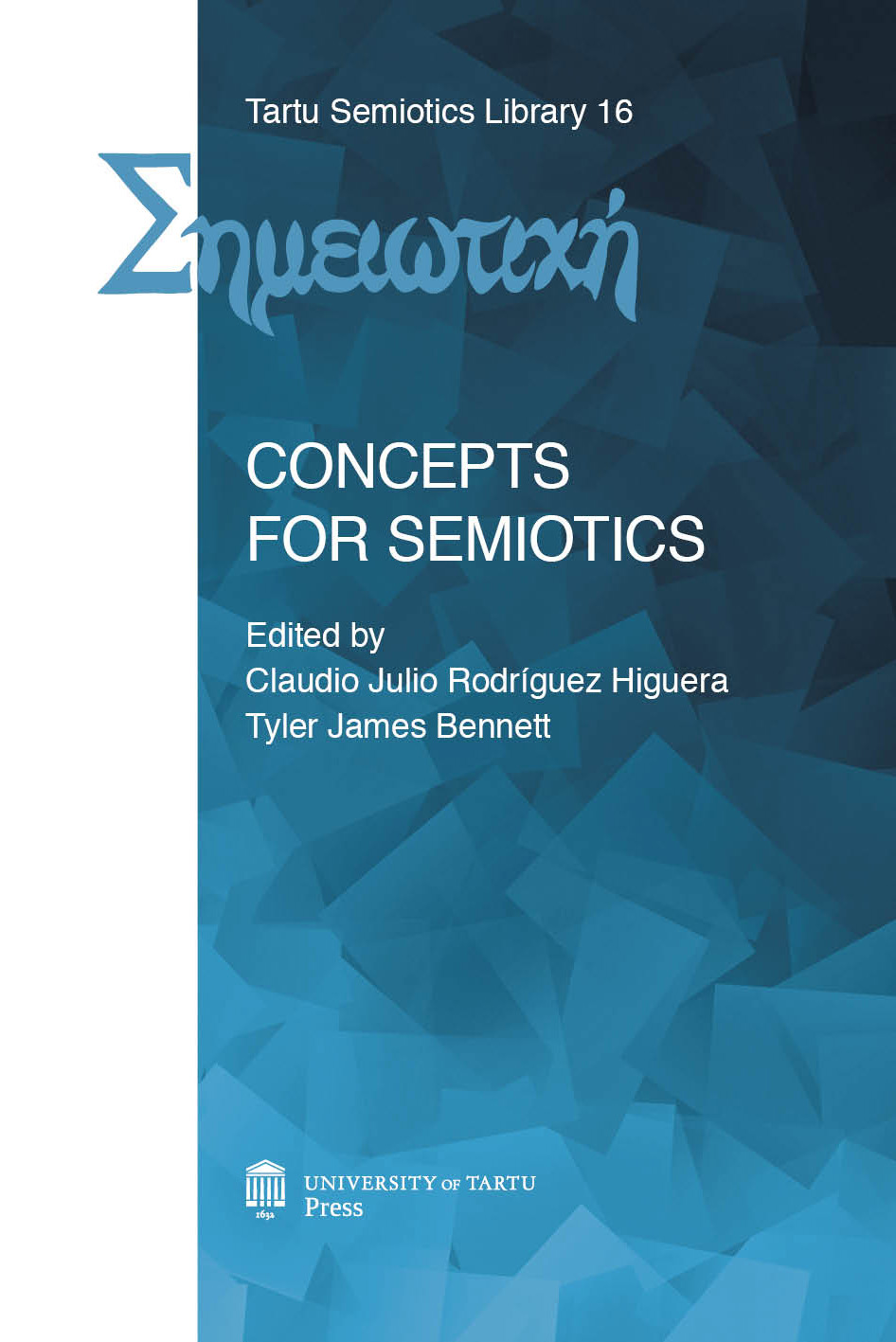Social innovation as rehabiting
Social innovation as rehabiting
Author(s): Kaie Kotov, Rasmus PedanikSubject(s): Semiology, Social Philosophy, Pragmatism, Social development
Published by: Tartu Ülikooli Kirjastus
Keywords: John Dewey; habits; social practices; social innovation; pragmatism;
Summary/Abstract: Social innovation is an emerging and growingly popular research topic that has a number of practical implications for both social and political as well as academic research practices. Nevertheless, social innovation is not yet clearly established as a concept and different theoretical frameworks are being actively researched by many institutions all over the world (Howaldt et al. 2014). Great potential in studying social innovation is attributed to social practice theory, mostly because of the so called practice turn in the social sciences and philosophy (Howaldt et al.).In our paper we study how John Dewey’s pragmatic concept of habit (cf. Dewey 1922) can be applied to the study social innovation. We propose that unlike social practice theory, the pragmatist theory of habit is able to address the question of how change happens and who is the agent of change. Habit in this approach is conceptualised as a disposition, a coordination of a person and an environment that is continuously mediated and remediated in a given culture and that may manifest in patterns of individual behaviour. Two very important implications follow: change of habits is not just a matter of will, of doing things differently, but also implies the change of environment; secondly, the notion of habit enables one to reformulate the relationship between collective and individual behaviour, without subjugating one or the other.
Journal: Tartu Semiotics Library
- Issue Year: 2016
- Issue No: 16
- Page Range: 133-156
- Page Count: 24
- Language: English
- Content File-PDF

